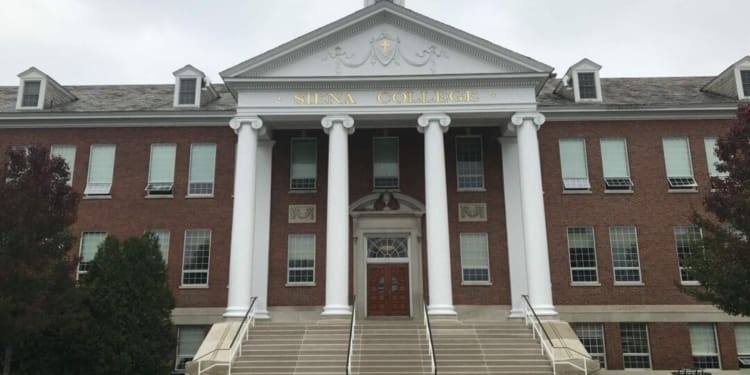New Yorkers still lost after COVID
LOUDONVILLE —Five years after COVID-19 swept through New York, most residents say the pandemic left a permanent mark on their lives, according to a Siena College Research Institute poll released Wednesday.
Two-thirds of New Yorkers reported that they or a family member contracted the virus, and more than a third said they had it more than once. Forty-five percent said they experienced financial hardship during the pandemic, while 31% lost a job, even if temporarily. Thirty-six percent said they lost a close friend or family member to COVID, and 33% saw their work shift to remote.
“Two-thirds suffered through the disease once, over a third more than once, and nearly half of us experienced financial pain as well,” said Don Levy, director of the Siena College Research Institute. “About a third lost a loved one, a job, and a third had their work life shift to remote.”
Many residents acknowledged finding clarity amid the disruption. Sixty-six percent said the shutdown helped them focus on what’s important, and 64% said they deepened their personal relationships. Still, more than half expressed lasting emotional fallout. Fifty-seven percent said they feel angry thinking about how the pandemic robbed them of several years, and 51% said they’ve felt more isolated than ever. That number rises to 63% among younger residents.
“Two-thirds try to put a silver lining on the pandemic and insist that some good as well as bad came out of it,” Levy said. “Many say they deepened their relationships, about half found a better work-life balance, but 57% get angry when reflecting on COVID’s impacts.”
Public institutions received mixed reviews. New York State’s response split respondents—48% rated it excellent or good, while 49% called it only fair or poor. Local health officials fared better, with 59% offering positive marks. The scientific community earned similar praise. But the federal government received low scores overall, with 63% rating its performance as no better than fair or poor.
On the question of future readiness, 50% of New Yorkers said the country is not prepared to face another major pandemic. About 39% of residents, including more than half of parents, said they were dissatisfied with the education students received during school closures. Residents remain divided on whether local schools responded appropriately—46% said yes, while 42% disagreed.
Some found new ways to pass the time during lockdown. Forty-one percent started a new hobby, 32% pursued self-improvement, and one in five adopted a new pet.
“Almost half of New Yorkers, 43%, say that to be honest, they no longer want to talk about or think about COVID and that they try to act like it never happened,” Levy said. “But it did happen.”
The full survey and crosstabs are available at siena.edu/scri.




